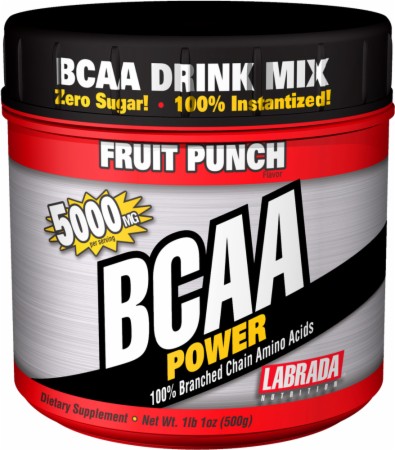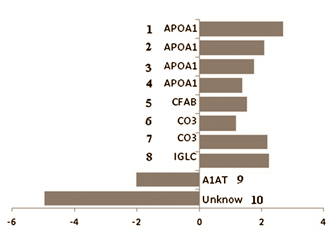Blog Entry #104
By Admin – Steroidal.com
If you’re an athlete or bodybuilder and currently don’t supplement BCAAs then you should start because of a ton of reasons.
Firstly, branch-chain amino acids (BCAA) are; leuicine, isoleucine and valine and these amino acids are primarily used for muscle building processes, such as increasing protein synthesis, fat burning and reducing protein breakdown, and enhance performance. They’re found in red meats, fish, eggs, diary products, whey and just about anything with protein in it. Medically they’re used to treat cancers, weight loss conditions and muscle wasting diseases.
If you keep up to date with nutrition, diet and increasing performance with supplementation then you’d of heard of BCAAs and their benefits. However, not much has been said about their effects on cholesterol and improving a users lipid profile.
Anabolic steroid users will be suffer negative changes in their cholesterol profiles as well as other temporary and permanent side effects. Oral steroids will impact lipids more so than most injectables, but one 500mg shot of Testosterone has ben shown to drastically impair lipids as well. Dietary changes can significantly aid in this damage, which will expand on a little more later. But truth be said, cholesterol impacts are a serious side effect of anabolic steroid use and need to be controlled and checked via blood testing.
The good news is BCAA supplementation can help improve your cholesterol profile, as well as give you an extra kick in performance and increase protein synthesis via mTOR signalling.
Today we’re going to look at a study, which was done in 2013, at the University of Pavia in Italy, and published in the respected Journal of the International Society of Sports Nutrition in London.
The study looked at the effects of BCAA supplementation on 12 mice and how genes responsible for its production affected their ‘good’ cholesterol, or HDL.
The mice were split into two groups and one group was given BCAA orally for four weeks and other nothing as a control. 100mg per kg of bodyweight was given orally and results recorded. The mice were sedentary and did not exercise.
After four weeks had passed the Italian researchers looked at the mice’s blood and found some genes had been altered. They found the mice that had ingested the BCAA mixture had higher levels of Apolipoprotein A-1. Apolipoprotein A-I is the major protein component of high-density lipoprotein (HDL). When this gene increases, so do HDL levels creating a more favourable cholesterol profile.
Limitations of this study are of course that its done on animals. Almost all research or data on humans is firstly done on mice so this shouldn’t be discounted.
We’d suggest BCAA intake in-between meals at 5-10g depending on bodyweight, using intra-workout or something similar, such as PeptoPro, and using a supplement with high BCAA content post-workout, like whey or milk protein. This should be done as it’s a potent muscle builder and fat oxidiser, plus the data explained in this post may add more benefits and improve cholesterol levels.
References:
J Int Soc Sports Nutr. 2013 Apr 3;10(1):19. doi: 10.1186/1550-2783-10-19.








